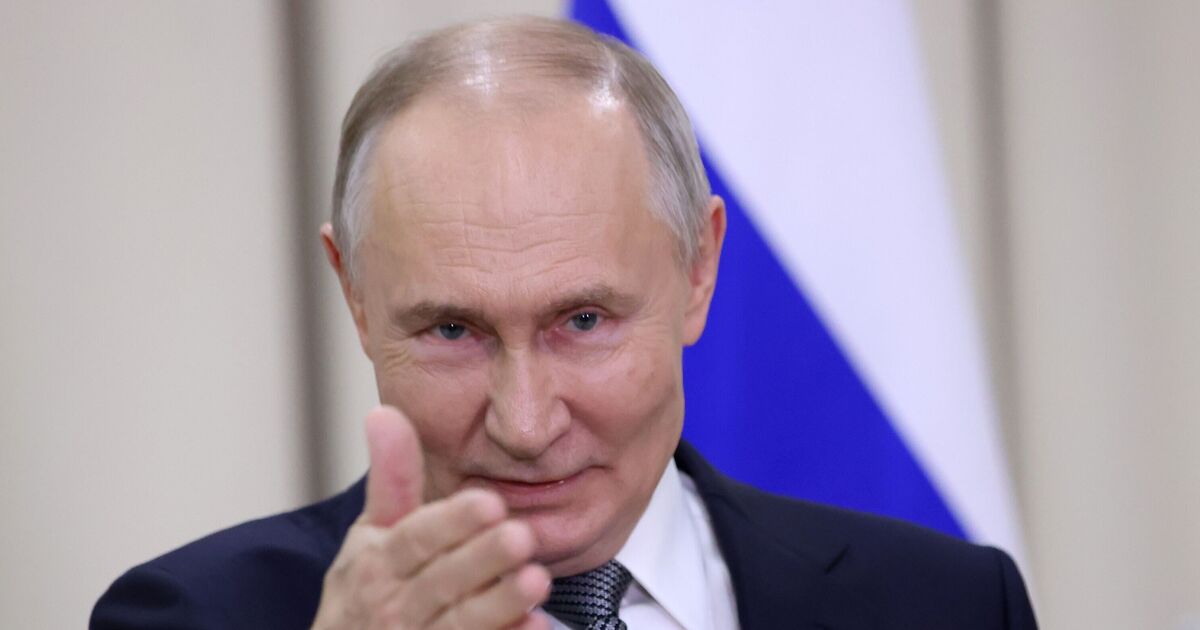NATO has been issued an urgent warning from Ukraine that Russia could conduct “hybrid” warfare around its borders as WW3 fears erupt.
Ukraine has raised alarm bells over Russian tactics involving “hybrid threats” to the borders of the alliance’s member states.
Andriy Yermak, Volodymyr Zelensky‘s chief of staff, took to social media to plead with NATO nations to consider the emerging threat this modern type of interference poses.
He wrote on X: “When we talk about what European countries and NATO states should consider, it is essential to assess the risks of emerging hybrid threats on their borders.”
This “hybrid threat” refers to a range of sabotage methods such as cyberattacks, information campaigns, or targeting infrastructure such as undersea cables, but it stops short of full-on combat.
Cutting undersea cables is a method already employed by Russia, which has been accused of severing data and power cables under the Baltic Sea.
The sea is known as “NATO lake” as it is surrounded by allies, but there is also a significant Russian military presence in the Kaliningrad enclave.
Following this alleged sabotage by the Eagle S off the coast of Finland, Yermak warned more is to come. He said: “The shadow fleet, responsible for sabotaging cables, may not be the only such threat from Russia.”
The “shadow fleet” refers to a group of vessels that circumvent the strict oil sanctions imposed on Russia. The Eagle S is thought to be one of them.
Yermak continued: “The appearance of soldiers disguised in Russian uniforms, but actually from North Korea or Iranian proxies near NATO borders, is entirely plausible if Russia is not stopped now.
“North Korean soldiers are already fighting on European soil. Who could have imagined this before? Impunity breeds permissiveness. This is the moment that demands strong decisions and decisive action.”
As a result of the undersea cable cutting, NATO Secretary-General Mark Rutte confirmed it will “enhance its military presence in the Baltic Sea”.
When asked for more details about Rutte’s pledge, NATO told AP News that it “remains vigilant and is working to provide further support, including by enhancing our military presence” in the region.
